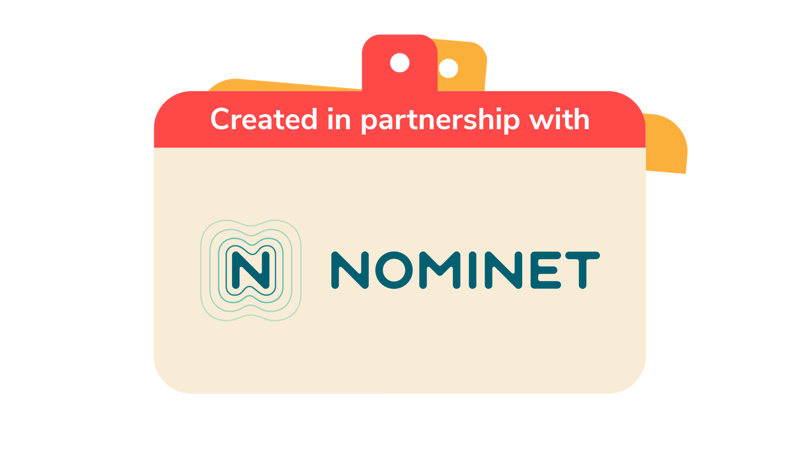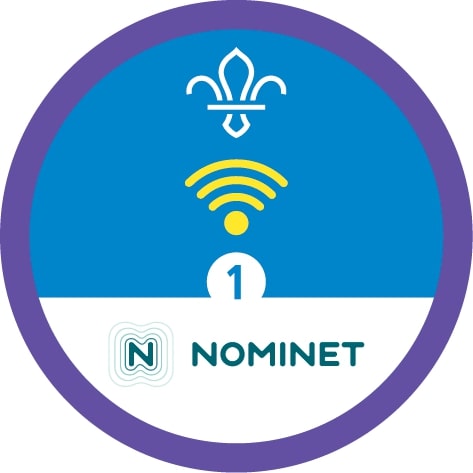
The gaming game
Chat about gaming
- Everyone should talk about gaming. Does anyone play online games? What are they called?
- Everyone should talk through the gaming words below (in the ‘Words and actions’ section). The person leading the game should make sure everyone understands them.
- The person leading the game should remind everyone that sometimes people can be mean online. Ask everyone to discuss some ways that people can respond positively when someone is being unkind and choose your top three ideas.
- The person leading the activity should show everyone the Yellow Card. They should explain that it’s Scouts’ code of practice to keep everyone safe and go through what it says.
- Remind the group that if anyone experiences anyone being mean, they should block them and tell an adult they trust.
Play the game
- The person leading the game should explain the actions for the first few instructions. ‘Upload’, ‘download’, ‘multiplayer’, and ‘player v player’ are usually enough to start with.
- The person leading the game should call out one of the instructions, and everyone should do the action.
- After a few practice rounds, the person leading the game could decide people are ‘out’ for doing the wrong action or being too slow. The people who are ‘out’ could keep playing for fun at one side, or they could help the person leading the game judge.
- The person leading the game should start adding in more instructions and actions, including the ‘block and report’ actions. Everyone should pause and listen to each new instruction, then carry on playing.
|
The leader of the game calls out: |
Player actions: |
|
Upload (players can upload information or details to the gaming site) |
Everyone runs to one end of the space |
|
Download (players can download information to their own devices) |
Everyone runs to the other end of the space |
|
Multiplayer (a game where many people play together at the same time) |
All players gather in a large circle (the game leader decides if the circle is good enough or if the players need to make a better one) |
|
Player v player (a head-to-head game between two players) |
Find a partner and play together |
|
Strong password |
Show off strong arms and kiss your biceps
|
|
Playing in clans of… (groups of players called clans can work together in teams) |
The game leader chooses a number and players have to form that size group and sit down. |
|
Green time (active time away from screen time) |
Everyone moves around the space miming a green time activity like running, cycling, swimming or walking the dog. |
|
Glitch on the wall (temporary interruption to a game because of a fault) |
Everyone has to run and touch a wall. |
|
Easter eggs (a hidden joke or message) |
Pretend to hold a gift and look really excited
|
|
Up one level (games have different levels for players to achieve) |
Players have to take both or one foot off the floor (depending on space and equipment available) |
|
Freeze (sometime the screen freezes) |
Everyone freezes until the game leader says unfreeze |
Every now and then the game leader calls out a danger and everyone has to block and report by holding their arms in a cross and shouting block and then running to the game leader and forming a line.
- Someone sends you a scary picture
- A player wants to meet you in the park
- A bully says mean things about your friend
- A bully tells everyone not to play with you
- A player you don’t know wants to know your address
- A player you don’t know asks you to keep a secret
- A player you don’t know wants you to play a game that’s made for teenagers (and has an age rating)
- Someone you don’t know wants to be your friend
- A bully says mean things about you
- A bully is mean to you for winning a game
- A player you don’t know wants to buy you something (for example, a loot box)
- A player you don’t know wants to see a photo of you
- A player you don’t know tells you to lie about your age
- A player you don’t know frightens you
Reflection
This activity was a chance for everyone to develop safe gaming skills. It doesn’t really matter if people play online games or not – maybe they will in the future, and lots of the skills also apply to other online activities (for example, having a strong password and knowing how to block and report also apply on social media). Did anyone learn any new words or pieces of information today? Does anyone who plays online games know how to block and report people if they need to? People should always tell an adult they trust if they’re worried about anything online, even if someone’s told them not to tell anyone. It’s always best to check with someone like a parent or carer. At Scouts we have our Yellow Card so that everyone knows how to keep each other safe, and how to respond if people are making you feel uncomfortable in person, or online. Gaming can be great fun, but it’s best for wellbeing to make sure it’s just one activity people do alongside others. It’s good to spend ‘green time’ taking breaks, getting outside if possible, and being active.
Safety
All activities must be safely managed. You must complete a thorough risk assessment and take appropriate steps to reduce risk. Use the safety checklist to help you plan and risk assess your activity. Always get approval for the activity, and have suitable supervision and an InTouch process.
- Active games
The game area should be free of hazards. Explain the rules of the game clearly and have a clear way to communicate that the game must stop when needed. Take a look at our guidance on running active games safely.
- Online safety
Supervise young people when they’re online and give them advice about staying safe. Take a look at our online safety or bullying guidance. The NSPCC offers more advice and guidance, too. If you want to know more about specific social networks and games, Childnet has information and safety tips for apps. You can also report anything that’s worried you online to the Child Exploitation and Online Protection Command. As always, if you’ve got concerns about a young person’s welfare, including their online experiences, follow the Yellow Card to make a report.
Start with a few instructions and add more as you play. You can stop whenever it gets challenging enough.
You could add your own instructions too, for example, popular moves or sayings from (age-appropriate) current games.
People could play in pairs. Adapt the actions so they work for everyone, for example, pointing to areas of the room instead of moving there. If some people are slower than others, you don’t have to make people ‘out’. You could just keep playing until everyone’s practised their knowledge.
All Scout activities should be inclusive and accessible.
People could play in pairs. Adapt the actions so they work for everyone, for example, pointing to areas of the room instead of moving there. If some people are slower than others, you don’t have to make people ‘out’. You could just keep playing until everyone’s practised their knowledge.
